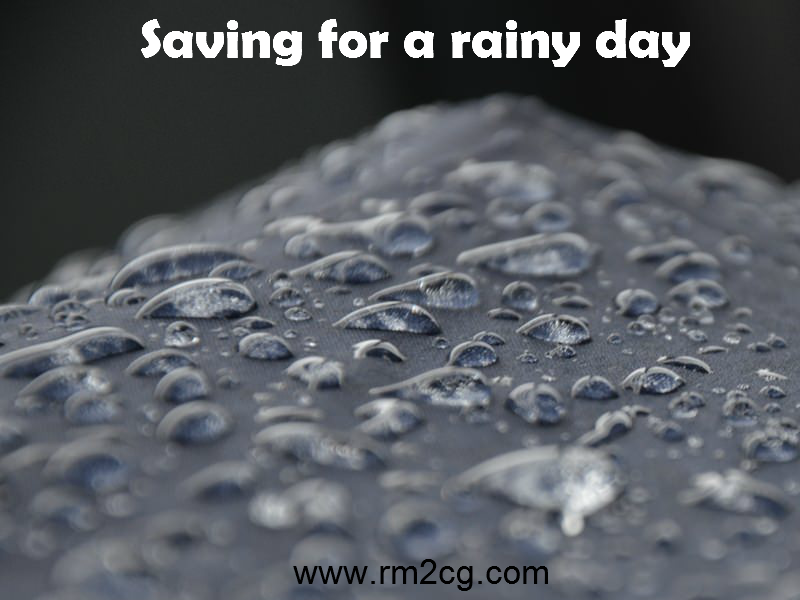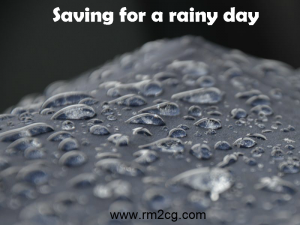How much is enough when it comes to building an emergency fund?
Back in the day 3-6 months was standard fare. If your family is growing, you are adding more dependents, or starting your own business, you may want to consider having an extra cushion. There are several factors to consider as you decide how much is enough.
-
How long are the elimination periods on your disability or long-term-care policies?
-
Are you living paycheck to paycheck or do you have some financial stability?
-
Is there a high likelihood of unemployment in your horizon?
-
Are you working in an industry that is becoming obsolete?
-
What is your personal comfort zone?
Having a budget is a pre-requisite to figuring out how much you need for an emergency fund. Multiply your monthly expenses by the amount of months you want to cover and you have your number. The next step is to look at your resources. If you have that amount in savings, congratulations! If not, find the gap and start saving to fill the gap. You want to keep your emergency funds liquid.
Use a savings account, high-yield savings account or money market fund to park your funds. You are giving up yield for security. This is not money that you invest aggressively. Savings accounts and high-yield savings accounts offer FDIC insurance. Money market funds are not FDIC insured and although they are designed to maintain a net asset value of one dollar, there are market conditions where money market funds may “break the buck” and you can lose value. Read the fine print and understand the risks, fees and expenses associated with each investment vehicle.
Certificates of deposit are another option. They offer a slightly higher yield than a savings account in exchange for restricted access to funds. They typically are sold in fixed time periods and accessing those funds before the term ends will cost you in penalties. If you are using Certificates of Deposit, you might want to consider a laddering strategy. This involves purchasing at fixed intervals so that you always have access to a pool of money without penalty.
Once you have established your fund, you want to make sure that you are using it for emergencies only. Make plans to replenish the fund if you have to dip into it for an emergency. Having an emergency fund provides peace of mind that you can handle minor hiccups in the road of life.


